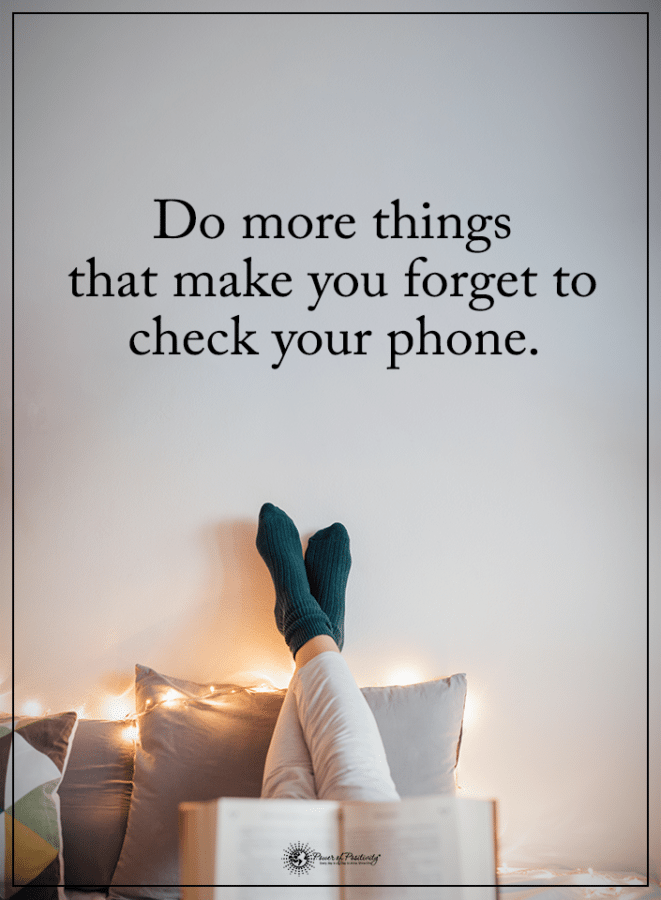Over 3 billion people use social media worldwide. 3 billion. As a result of this widespread use, the ways that we communicate – with friends, family, coworkers, strangers – have changed forever.
We’re not going to get into a discussion of whether social media is good or bad. Social media, as with pretty much every other technology in existence, is used for both.
Let’s look at Facebook. To give you an idea just how much Facebook has penetrated our social fabric, consider this statistic: approximately 90 percent of all 18-29 year old’s have a Facebook account. That’s an extraordinary number.
This age range also happens to be when the vast majority of us:
– start college
– graduate college
– look for a life partner
– begin our career
– change jobs
– get married
It’s no surprise, then, that social media can profoundly influence our relationships, both personally and professionally.
Again, we’re not here to debate the pros and cons of social media. That said, dimwits the world over have been sacked from jobs, served divorce papers and had their reputation destroyed – all because of some silly social media shenanigans.
Here are some things to do and not to do on social media if you’d like to keep your relationships intact, according to experts:
1. Don’t get overly emotional
Okay, quick question: have you ever misinterpreted the meaning or tone of a text or email? Probably. The reason: all of us have a difficult time understanding emotional nuances behind a text, email, or post. Technology requires people to communicate their intent completely differently than they would during a conversation, where they would use words, tone, and body language. At times, your brain’s filter will inaccurately signal an emotional undertone to a message where there is none. This can get us into trouble.
Hence, the advice here is two-fold. First, do not post to social media when you’re in an emotionally vulnerable state. Second, do not reply to someone else’s emotional post. Seek clarification if a response is required before posting anything.
2. Assume the message will be widely dispersed
Sure, that naughty post or tweet may just be read by your target audience, but it may not be. “Likes,” “Shares,” and “Comments” on your post will likely scatter the contents of your message outside the reach of your social circle. (Even when you post to just ‘Friends.’)
The inconvenient truth is that internet communications, particularly those on social media, are becoming less private. The social media giants’ uber-complicated privacy policies – and the lack of adequate oversight – doesn’t instill much confidence.
Here’s kind of a weird but useful ‘hack’: imagine that what you’re about to write will be written on notebook paper and stuck to your back (kind of like a ‘Kick Me’ sign). In actuality, the consequences may be just as bad or worse. So don’t do it!
3. Leave the personal stuff alone
Why do people air their dirty laundry on social media? No really, why? In all likelihood, they seek validation, sympathy, or closure.
Regardless of individual motive, griping about one’s girlfriend/boyfriend, manager, colleague, or someone else is an awful idea. Hoping to gain sympathies or validation by hastily posting to some social media outlet is an act of extreme immaturity – and one that may just come back to bite.
If you have an issue with someone, address it directly with them. Give him or her the courtesy of a phone call, or arrange a meeting in person. Not only will you have a much better chance of resolving the issue, but you’ll also stop yourself from making a whimsical mistake.
4. Don’t ‘friend’ co-workers or acquaintances
There’s a caveat to this one. If you’re really good friends with someone you work with and you both act responsibly on social media (i.e., you don’t do any of the things listed here), then by all means ‘friend’ away. Otherwise, just don’t do it. Err on the side of caution.
How many of you receive invites from someone you either don’t recognize or barely know? They probably have good intentions, but the only question that comes to mind is “Why?” That is unless you ‘accept’ – then a follow-up question surfaces: “Why did you do that?”
Final Thoughts
Social media, when used appropriately and maturely, can be an incredible tool to keep up with friends and family members. Sadly, it’s misuse can, (and has) led to the demise of a countless number of relationships.
We all have an innate craving for immediate gratification, and this is something that social media sites can provide plenty of. It’s also a good reason not to do it.
Here are a few key takeaways to bear in mind concerning social media conduct:
– Don’t get personal.
– Be selective with friend requests.
– Don’t post when in a negative state of mind.
– Separate your personal and professional lives.
– Understand the potential reach of your words.
– And finally, some old-school advice: “If you can’t say something nice, don’t say anything at all.” (Thanks, Mom!)
https://youtu.be/Q9es9gvnkU0














 Community
Community

